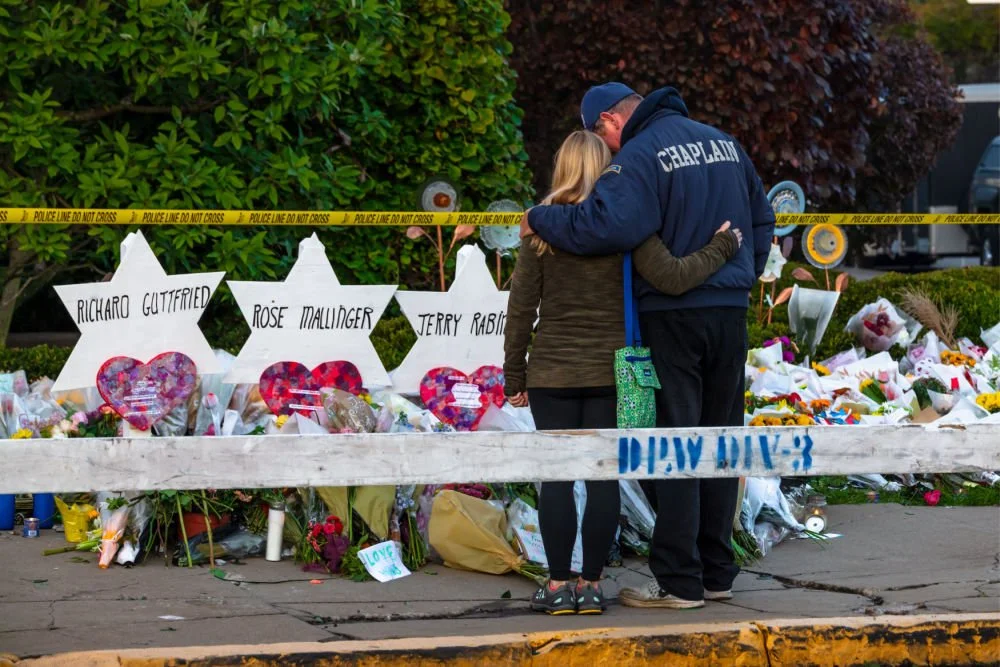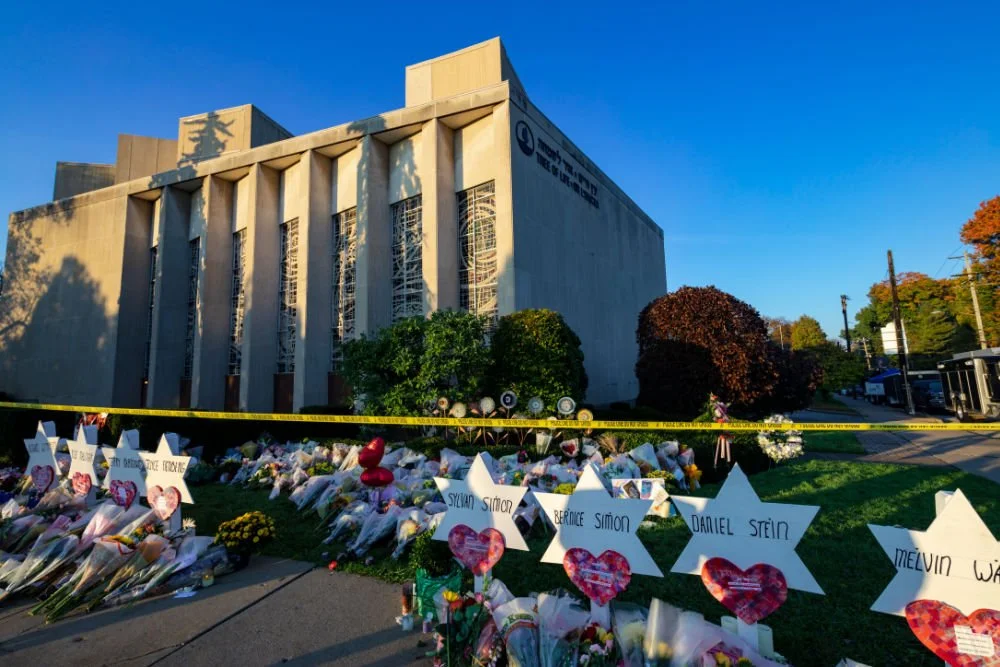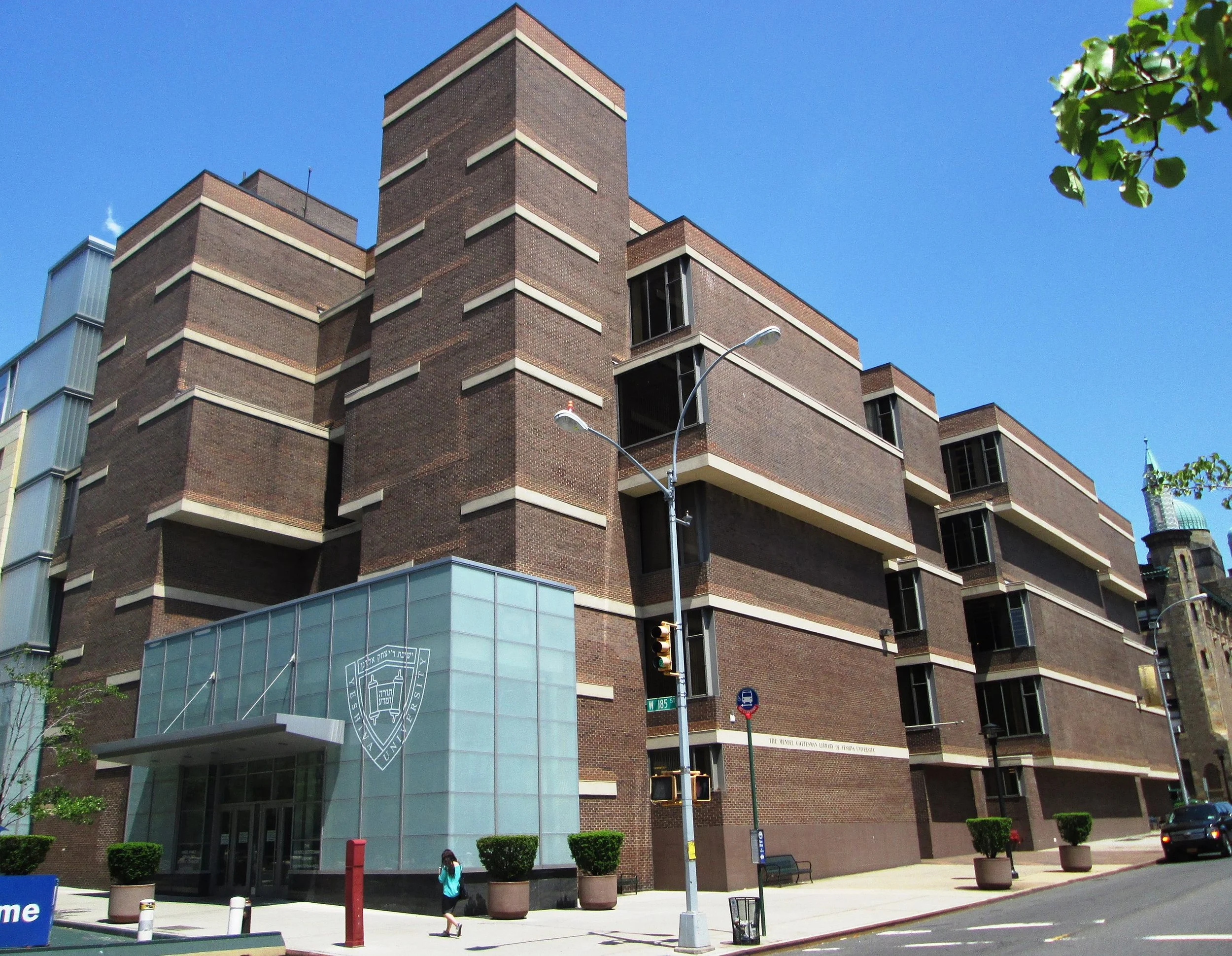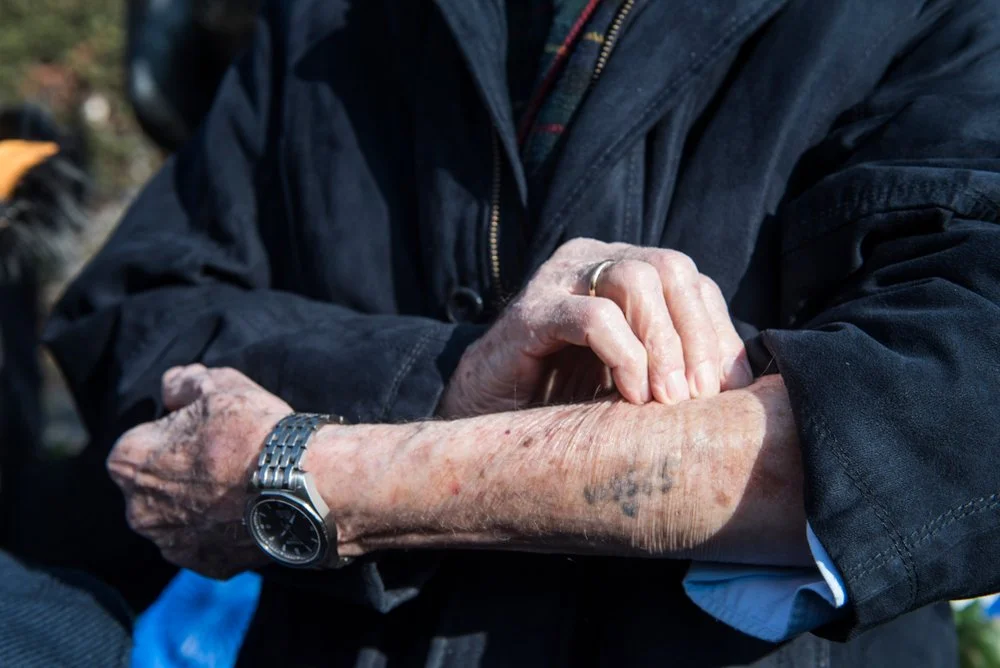A Prominent Jewish Humanitarian Prize Goes to a Criminal Justice Reformer
/Amy Bach’s work is making a concrete difference in the criminal justice system. In 2011, Bach started Measures for Justice, a nonprofit that archives criminal justice records from counties across the U.S. in one easily accessed online portal.
The organization’s motto—“No data. No change”—speaks to the premise guiding its work: that reforming a highly decentralized criminal justice system requires better data to assess and compare the performance of local jurisdictions.
This simple vision has drawn a number of prominent funders to Measures for Justice. At a time when school and health systems are data-driven, and criminal justice reform has become a popular cause both at the grassroots level and for politicians, major backers of Bach’s group have included Google.org, the Chan Zuckerberg Initiative, Ford Foundation, Open Society Foundations and the Charles Koch Foundation.
Bach’s work also got the attention of the people behind the Charles Bronfman Prize, which is awarded annually to a person under 50 (Bach got in under the wire) whose humanitarian work benefits society at large and is grounded in Jewish values. Prize laureates receive $100,000. Bach told Inside Philanthropy that she is donating her prize money to her own Measures for Justice.
While the 2018 Bronfman Award winner was announced last year, Bach formally accepted the prize at a reception in New York City held at the New-York Historical Society on April 29th. Sarah Koenig, host and co-creator of the popular podcast Serial, engaged Bach in a conversation about criminal justice reform, and former U.S. Ambassador to the U.N. Samantha Power spoke about Bach’s work.
Power, who was part of Bach’s nominating team, recalled the “great prophet” Stephen Colbert coining the phrase “truthiness” in 2005. Today, she said, “falsehoods masquerading as facts” leads to a “lack of shared facts” on which “to base public policy and reasoned discourse,” and to “unprecedented political polarization” at a time when we need to “problem-solve over inequality and injustice.”
“Amy’s pathbreaking work provides the remedies to these forces,” Power said, using data to “expose what Hannah Arendt might have called ‘the banality of injustice.’” Amy “refused to get desensitized to injustice,” Power said. “We must not, either.”
Data is critical to systemic transformation, said Bach in an interview before the ceremony. “Right now, in criminal justice, everyone wants change, but people don’t know where and how. The data is foundational to all change, and yet people thought (collecting) it was impossible.”
The idea for Measures for Justice arose from Bach’s work as a journalist and lawyer. In tiny Quinton County, Mississippi, located 90 minutes south of Memphis, Tennessee, Bach, then working as a reporter, discovered that while there were many arrests for domestic violence, no criminal domestic violence cases had been prosecuted in 21 years. Her 2009 book, Ordinary Injustice: How America Holds Court, led directly to founding her nonprofit.
“No one knows about how effective their local justice system is,” she said. “We measure everything in America except justice. I wanted to collect and compare data from arrest to post-conviction, to look at the whole system from beginning to end. To collect statistics on the county level, when there are 3,000 counties in the country, each with their own justice system. This was the part people said couldn’t be done,” she said. “We were pioneers.”
Measures for Justice currently has data from six states in its portal, with the goal of adding a 14 more by the end of next year.
It is her Jewish background that spurred her commitment to changing the system, Bach told IP.
“The people who work in the system can become blind to an invisible pattern of problems,” Bach said. “It becomes an invisible pattern, which is so much the story of the Jews, who have faced an invisible pattern of discrimination and disparities. We were founded to make the invisible visible,” she said.
Bach grew up on the Upper East Side of Manhattan in a culturally Jewish family, she said. Her grandparents immigrated from Munich in 1933 as the Nazi threat began to rise. “My grandmother said to me, ‘There’s a cabaret song that there’s a spot on Germany’s tie they can never get out.’ It was this idea that there is something you can’t see that everyone else sees. That was really key,” she told IP.
The Charles Bronfman Prize was established by the philanthropist’s children, who are philanthropists themselves—Ellen Bronfman Hauptman and Stephen Bronfman, and their spouses. The created it in honor of their father’s 70th birthday more than 17 years ago.
In an interview before the prize ceremony, Ellen Bronfman Hauptman told IP that when she and her brother created the award, “my dad had just recently started Birthright Israel, and most of his programs in Canada and in Israel were focused on young people. He’s always been fascinated with innovation and bringing new ideas to things. He gets a little frustrated sometimes when people aren’t being innovative,” she said.
“We wanted to honor young leaders. Not to give people a lifetime achievement award, but to catch people who are onto something and approaching a problem in an innovative way, and having a big impact.”
IP asked Charles Bronfman if there are any plans to update the prize, perhaps by increasing the award. “That clock ain’t broken,” said the veteran philanthropist, who co-created Birthright Israel and started many other Jewish and Canadian nonprofit organizations. “It’s not just the munificence and love of my children, it’s also seeing these characters grow. It’s a real thrill,” Bronfman said. “I have a picture of Jay Feinberg (the first Charles Bronfman Prize recipient, and creator of the Gift of Life bone marrow registry) and me on my desk, and I think of him and all the others. It’s remarkable to have a group of people you like and admire so much” be the recipients, he said.
The rewards and impacts of being a Charles Bronfman Prize laureate go far beyond the award money, Ellen Bronfman Hauptman said.
“We’ve been working with Amy for months, and connected her with people we know in criminal justice. In addition to the monetary sum the recipients receive, they also receive our network and connections. My dad introduced our first recipient, Jay Feinberg, to people at Birthright, and now, every kid that goes on Birthright gets a swab to register for bone marrow donation.”
Three rounds of readers and judges evaluated the roughly 30 applications last year. “We chose Amy because when you look at her work and her unique approach to this very complicated issue, the fact that she blends her journalism and legal backgrounds, it’s going to prove to be very important in the future,” said Bronfman Hauptman. “This year, criminal justice is on the front page every day. We’ve ended up being very timely with our choices.”
“In these crazy times, it’s important to highlight good stories and people who are trying to make this world a better place and leave this world a better place for our kids,” added Bronfman Hauptman.
Related: Data Quest: Why This Wonky Criminal Justice Group is Pulling in the Big Bucks







































